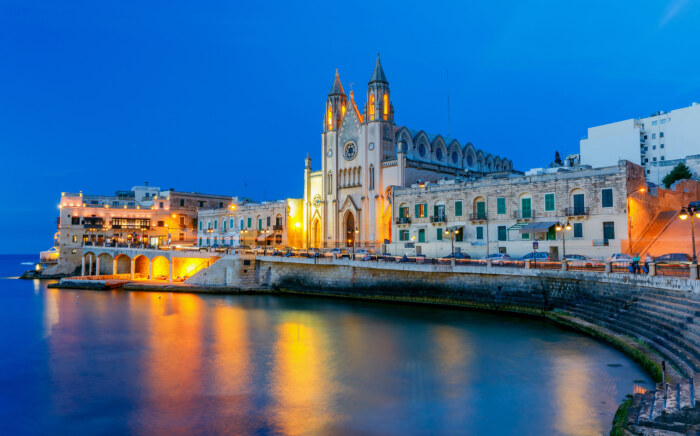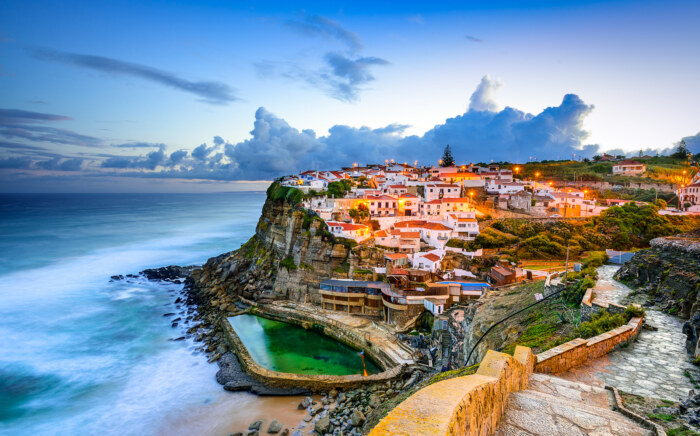Another “Start-Stop” Change That Won’t Solve the Real Problem
If you’ve been watching Greece’s Golden Visa program, you might be experiencing whiplash. First, they raised the minimum investment from €250,000 to €500,000 in key areas like Athens and Thessaloniki. Then, they hinted at further changes, sparking a rush of applications. Now, there’s yet another adjustment on the way, potentially increasing the minimum investment to €800,000 or even limiting real estate purchases altogether.
But here’s the cold, hard truth: Greece’s Golden Visa does not provide a path to citizenship, and these back-and-forth policy changes aren’t solving the country’s deeper real estate challenges. Instead, they’re creating uncertainty for investors while failing to address Greece’s real housing market issues.
Let’s break down the latest developments and why Greece’s Golden Visa may no longer be the golden opportunity it once was.
Fact #1: Greece Keeps Changing the Rules on Investors
Greece’s Golden Visa program was initially designed to attract foreign capital by offering a residency permit in exchange for a real estate investment of at least €250,000. However, in 2023, the government doubled the threshold to €500,000 in key areas, including Athens, Mykonos, Santorini, and Thessaloniki.
🔹 Now, rumors suggest another jump to €800,000 in high-demand regions or new restrictions on real estate purchases altogether.
🔹 Fast-track investors rushed to buy before the deadline—only for the government to suggest more changes soon after.
This constant start-stop approach has created uncertainty and frustration among investors. If you’re considering Greece’s Golden Visa, you now have to ask: Will the rules change again before I even complete my application?
Fact #2: No, Greece’s Golden Visa Does NOT Lead to Citizenship
Unlike Portugal or Spain (which at least offer a long-term path to citizenship after five to ten years), Greece’s Golden Visa does not lead to a Greek passport—no matter how long you hold residency.
📌 Golden Visa holders in Greece are permanent residents—not future citizens.
📌 You are not eligible for naturalization unless you live in Greece full-time, learn Greek, and spend at least 183 days per year in the country for seven years—which defeats the point of a passive residency-by-investment program.
📌 Even if you meet the residency requirements, Greece has one of the toughest naturalization processes in Europe—with language exams and proof of deep cultural integration.
For investors looking for a gateway to EU citizenship, Greece is not the right choice.
Fact #3: Foreign Investors Are NOT the Cause of Greece’s Housing Crisis
Just like in Spain and Portugal, Greece’s government is blaming foreign buyers for rising home prices. But once again, the data tells a different story.
🏠 Golden Visa transactions represent a small percentage of total real estate sales—most housing demand comes from Greek buyers, Airbnb investors, and large-scale developers.
📉 Local wages remain low, and mortgage lending is weak, making it hard for Greeks to buy homes—even without foreign investment.
📊 The real problem? Lack of housing supply and skyrocketing short-term rentals. Instead of restricting Golden Visas, Greece should focus on building more affordable housing and regulating the Airbnb explosion in tourist-heavy areas.
🚀 The irony? Foreign investors are actually funding much-needed renovation and new housing developments. Removing them from the equation won’t suddenly make homes affordable for Greeks—it will just slow down economic growth.
Fact #4: Greece Risks Driving Investors to Other Countries
With Portugal eliminating its real estate-based Golden Visa, Greece had a unique opportunity to attract global investors. But with these constant rule changes, potential applicants are now looking at more stable alternatives.
Here’s where investors might go instead:
✔ Turkey – Offers a citizenship-by-investment program for just $400,000 in real estate purchases.
✔ Italy – Offers an Elective Residency Visa for those with sufficient passive income—without requiring property investment.
✔ Malta – Still has one of the fastest residency programs in Europe, with a clear pathway to citizenship.
✔ Dubai – No property taxes, no capital gains tax, and a simple investor visa program make it an attractive alternative.
Greece’s Golden Visa could have been a leading residency-by-investment program—instead, it’s becoming a case study in how policy inconsistency drives investors away.
Final Thoughts: Is Greece’s Golden Visa Still Worth It?
If you’re looking for a European residency permit without citizenship, Greece’s Golden Visa might still be appealing—if you can handle the policy uncertainty. But if you’re looking for a stable investment or a clear pathway to an EU passport, there are better options elsewhere.
🔹 Greece needs to decide whether it truly values foreign investment—or if it will continue to push away capital with unpredictable rule changes.
🔹 Eliminating or restricting Golden Visas won’t fix Greece’s housing affordability crisis. The government needs to focus on solving supply shortages, regulating short-term rentals, and improving mortgage access for local buyers.
🔹 For investors, the message is clear: If Greece keeps moving the goalposts, it may no longer be worth the risk.



